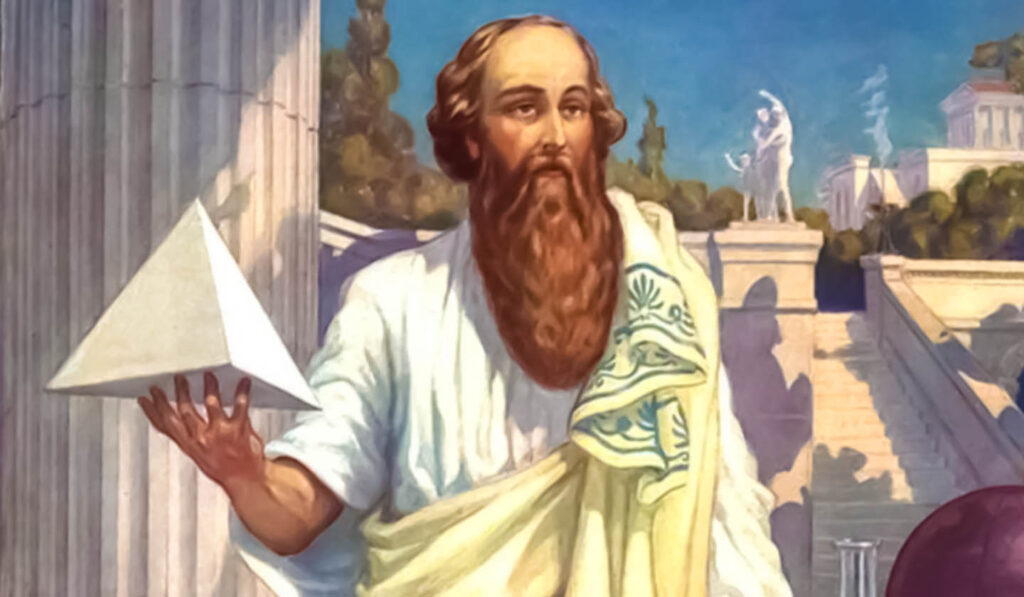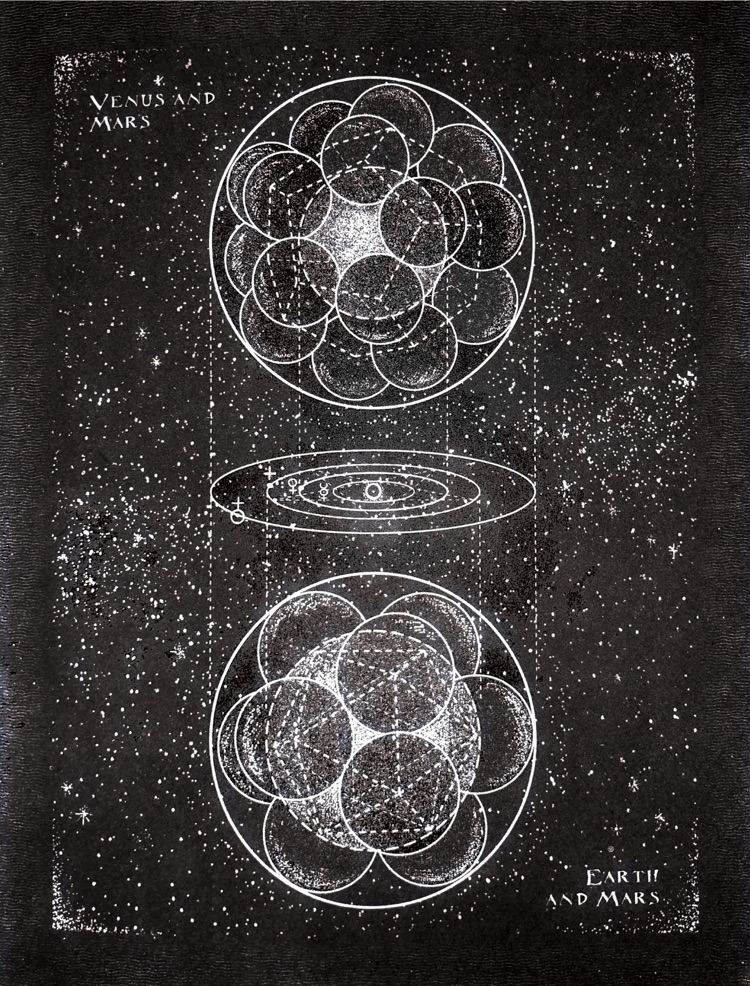
The Quadrivium of Pythagoras
One of the biggest rulers in my trip around the world was rediscovering music in the way that the Greek Pythagoras used to share it more than 2000 years ago. And not only because it was easy to understand, but because it involved a whole cosmo-vision based on the harmony between living beings and their creation. Pythagoras, in addition to giving us the basic proportions to create music that was quite pleasant to our ears, also established his mathematical rules and his relationship with the whole.
It is believed that Pythagoras already showed remarkable abilities in mathematics and art from a young age. It was until he made a trip to Egitpo, which was surely a wonderful journey, in which he rescued important information about music and geometry that was hidden and protected by guardians of knowledge. This wisdom had to do with the vibro-acoustic and metaphysical properties of sound and the great power of unconscious communication that music has.

Upon returning from his trip, Pythagoras created the Secret Society of Pythagoreans, which was based on the creation of spaces to share this knowledge brought from Egypt. At the beginning, this knowledge was also secret, and only those who belonged to the brotherhood had free access to the information of Pythagoras. It is very interesting that in this society women and people of "different races" were accepted, creating an inclusive fraternal circle among the participants. The reason it remained secret was, perhaps, that it was known this power of music could be used in a destructive way.
This way of using music and geometry is already being used destructively. It is enough to pay attention to how catchy and attractive the melodies of songs that incite sexual abuse, hatred, rejection, and even racial distancing are. Furthermore, the main purpose of Pythagoras was healing (or rather reharmonization and alignment of the spirit, mind and body) through music. He called that "The Music of the Spheres."

Thus it was that Pythagoras established 4 liberal arts that, according to him, were the maximum expression of human understanding capacities and the relationship of vibration and strings with the whole. He called this Quadrivium. These liberal arts are:
- The Numbers (Arithmetic)
- Geometry (Sacred)
- The Music (Sound in Harmony)
- Astronomy (The movement of the planets and stars)
All the liberal arts are interconnected, and it was their discovery, study, classification, and interpretation for the Western world that is attributed to Pythagoras.
At Legatto Institute we teach music classes focused on exploring the 4 liberal arts themselves. The stories and discoveries of Pythagoras are shared in a contemporary social circle that we call "The Open Pythagorean Society", which leaves the practices of rituals and focuses more on the expansion of the fundamental values of brotherhood and harmony.
